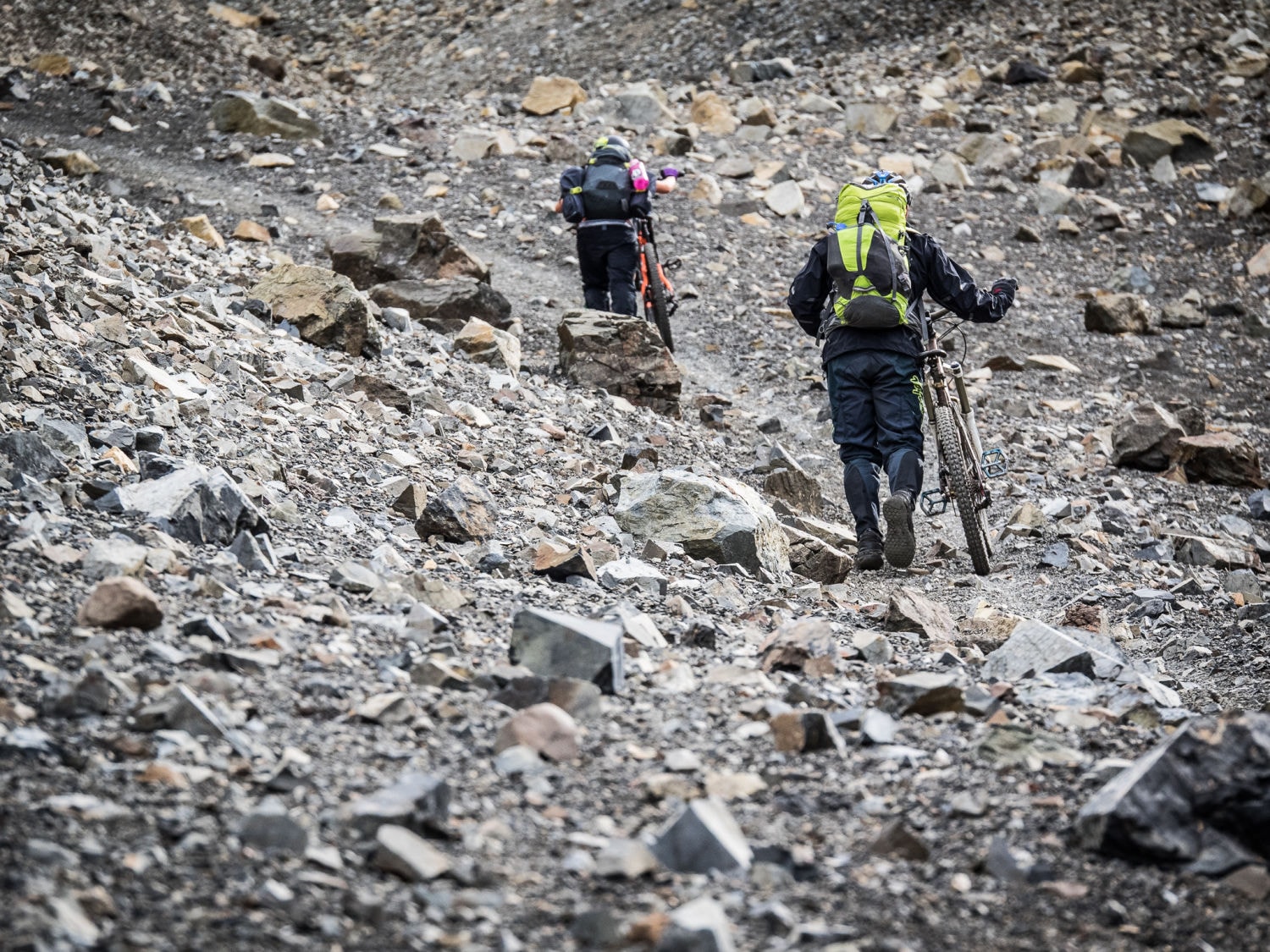There’s nothing like effortlessly floating down a mountain trail on a bike with nothing but a jersey on your back. But as sweet as that can be, it’s got its inherent limits. Once night falls, you’ve got to be out of the woods and under a roof. If you’re willing to sacrifice that weightless feeling for the beauty of self-sufficiency that comes with carrying overnight gear, the rules all change.
Here’s the good news: camping gear is constantly getting better, making it ever more viable to ride hard and still carry everything you’ll need for a few days in the backcountry. A recent trip in the Chilcotin Range of British Columbia provided a great opportunity to mix backpacking and mountain biking, and here are some tips to help you do the same.
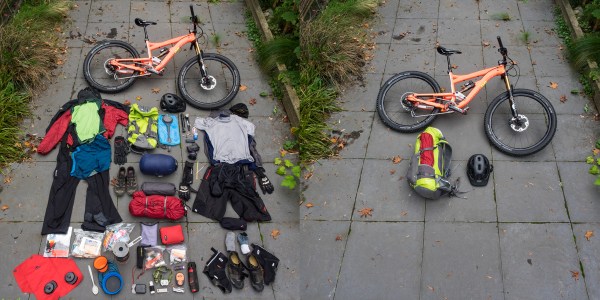
You’ll fill whatever backpack you bring, so go small. I use a minimalist climbing pack, which requires strategic packing to fit everything in, but is very manageable when riding.
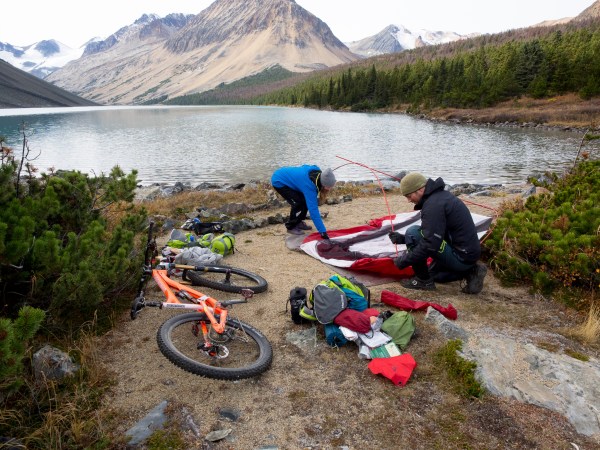
Get a lightweight tent and split the weight between the party. On this trip we used a 3-person, 3-season tent. When divided across the group, each person only had to carry about one pound for the shelter.

Collapsible gear is great. From dishes to water containers, if you can get your gear to squish flat when not in use, you gain tons of room.
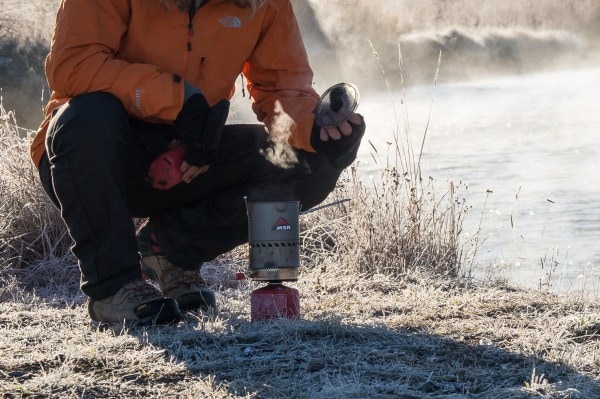
Use an integrated stove system. There are now a number of great options that integrate a stove, a pot, a fuel canister and even a coffee press into an easy-to-use, super-efficient cooking system.
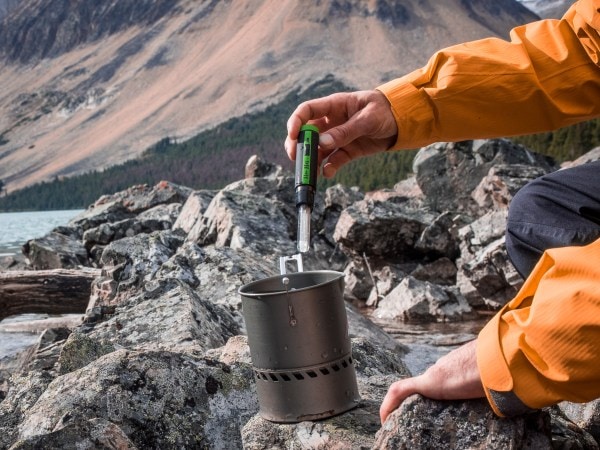
Using a UV water-purification system saves the bulk of a water filter. Just make sure to bring extra batteries and some kind of backup. I keep some purification tablets in my kit, just in case.
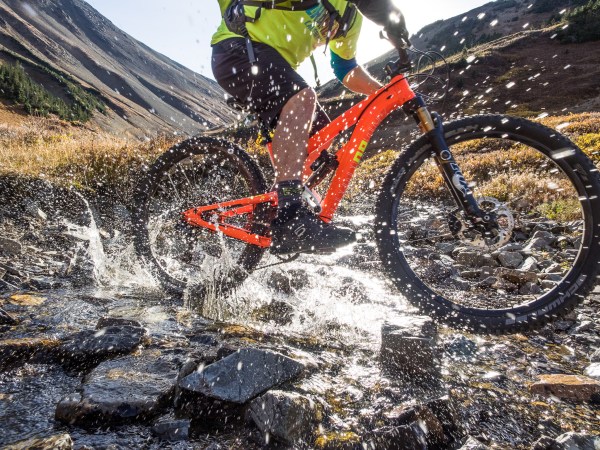
Be strategic with your clothing. You’ll need to be warm and comfortable while riding and while spending the night. This means you’ll need a set of clothes for each, since you’re likely to get your riding clothes wet and dirty during the day. But, while you do need to be warm and dry, you don’t need to smell good, so don’t waste weight and space on things like fresh underwear or T-shirts. Embrace the dirt.
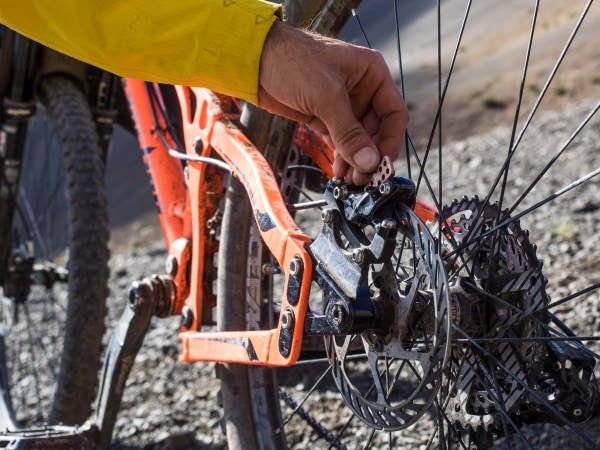
Make sure you have the tools and parts to keep the bikes rolling. This includes a robust bike tool, a few key replacement parts (tubes, brake pads, derailleur cables, etc.), a pump and useful items like zip-ties and duct tape.
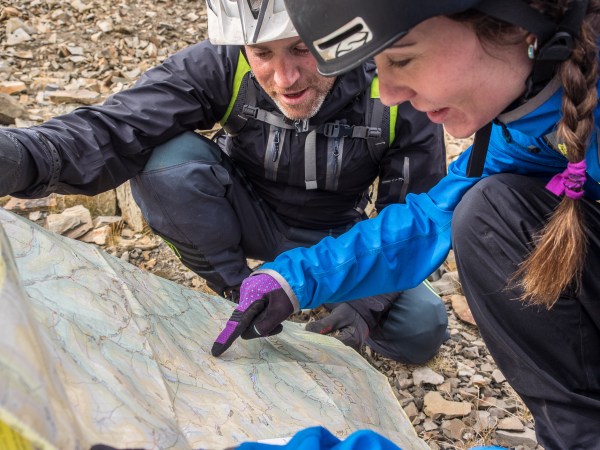
Don’t skimp on the 10 essentials. You’ll be self-supported in the backcountry, so you need to be prepared to survive and navigate in any manner of conditions. While you can save weight by leaving the pillow behind, don’t skimp on the compass, map, headlamp, first aid, etc.
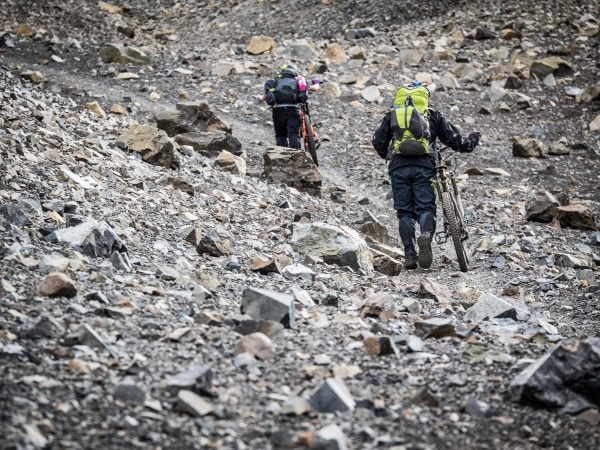
Be prepared to earn it. It’s not all roses when working through technical terrain on a bike while carrying heavy packs. You may crash, and you’ll certainly end up pushing your bike uphill and cursing the idea of bikepacking, but if you keep a smile on your face and enjoy the effort, you’ll find the experience more than rewarding.
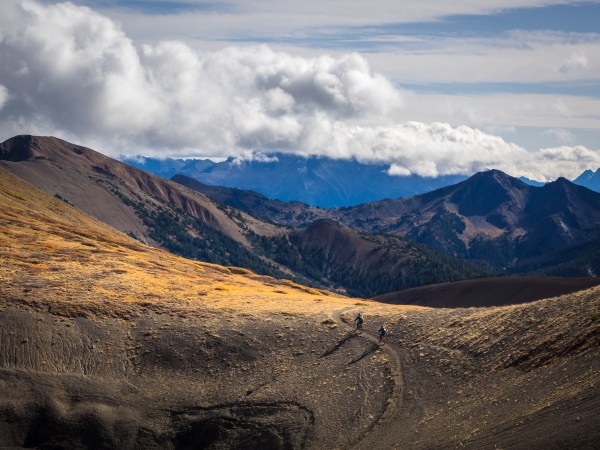
And last, but certainly not least, ride and camp responsibly. Be respectful of other users, yield to hikers and equestrians, stay on the trail, and practice leave-no-trace backcountry ethics. The better stewards we are of the outdoors, the more trails will be available for backcountry mountain biking for generations to come.
